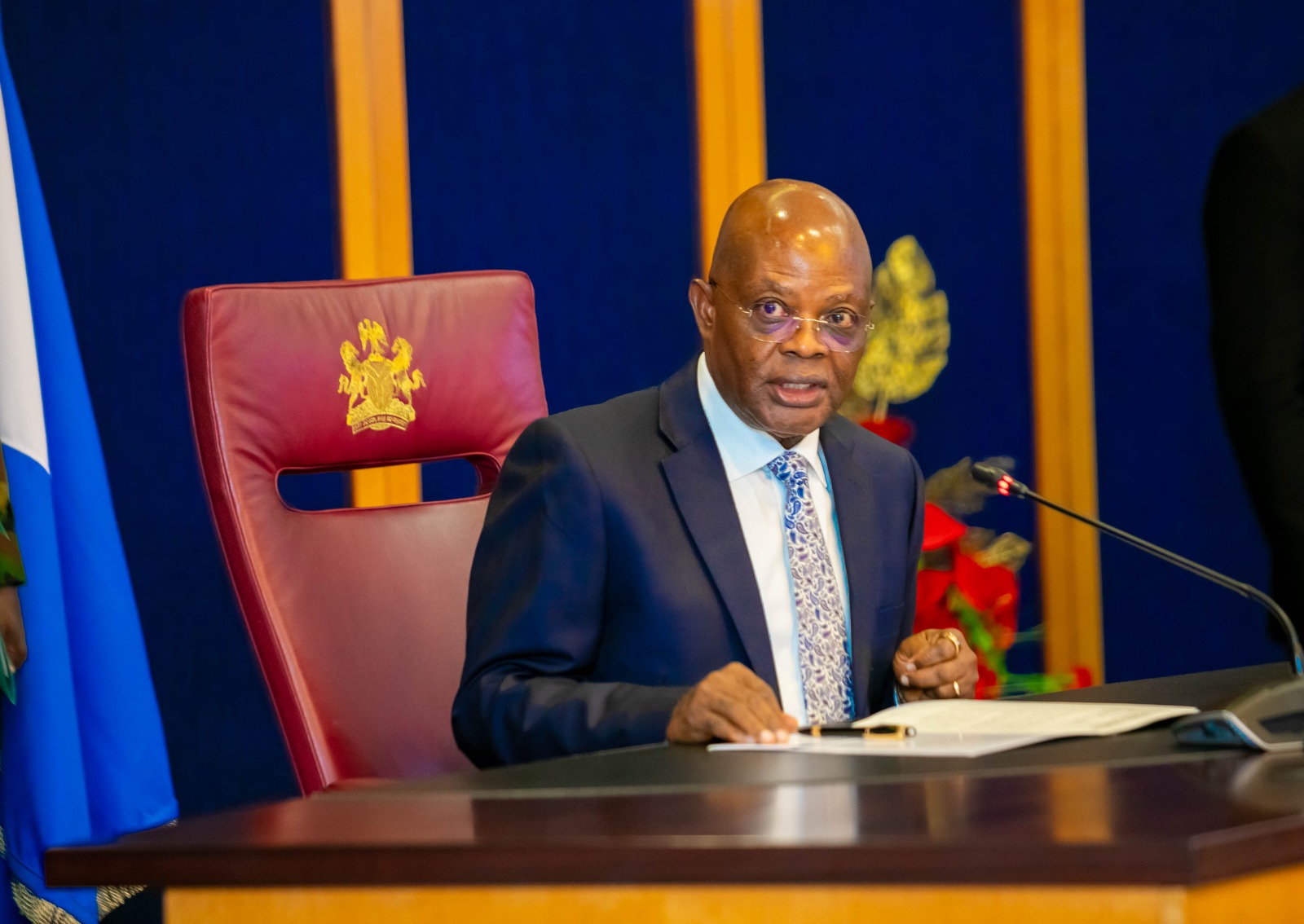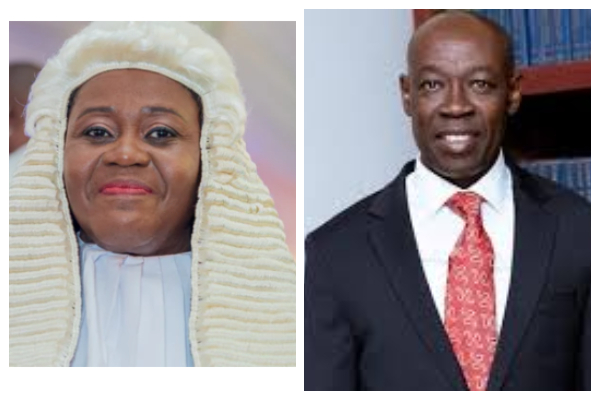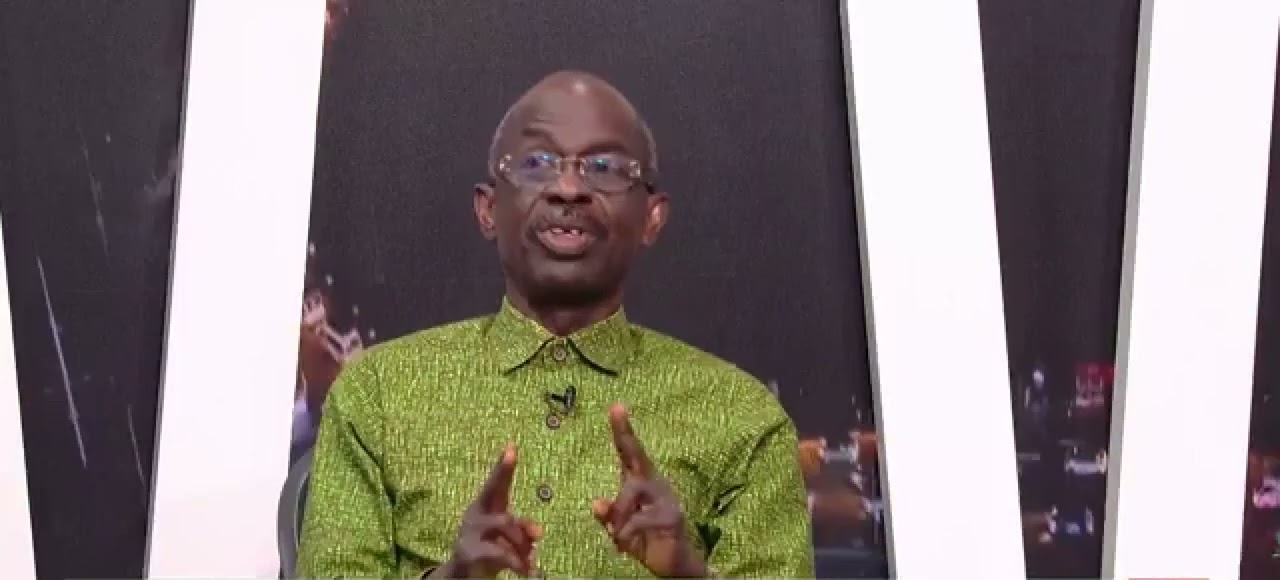TOFAC 2025: African Cultural Creativity And Innovations
me express my profound gratitude to the Vice-Chancellor of Osun State University, the distinguished Professor Clement Adebooye, a scholar rooted in both the Western academy and profound Yoruba indigenous knowledge. The last time we spoke, I was surprised to hear the story of his life’s transformation, which is like mine. I cannot show the extent of my appreciation to Professor Koya Ogen, the main organizer, and his efficient and competent team. Thank you. Years ago, he and Professor Siyan Oyeweso wanted to bring TOFAC to Osun State University, but uncontrollable circumstances prevented it. Professor Ademola Dasylva, the originator of TOFAC and Chair of its Board, remains the inspirational figure for all the conferences. It is a conference that empowers African scholars at home, owned by them and without the diaspora’s control and domination. The host owns all the papers and gives all the awards based on their assessments. While it is named after me, I have nothing to do with it other than the courtesy of attendance. Professor Ogen and his team chose the theme in line with UNESCO’s ongoing ambitious project on cultural revivals based in Osun State.
Every group of people around the world has cultural expressions that amplify their understanding of the world and are used to transform their society. Africans are not left out in this. For Africans, however, cultural identity has a deep-seated connection not only to how they give meaning to existence, but also to how they interpret different phenomena in life. To protect their cultural ideas, they have always adapted to the prevailing occurrences of the world so that they are not left behind by the wind of change, blowing almost all the time in human history. As much as I can remember, TOFAC has undertaken various scholarly interventions that have recorded valuable contributions from seasoned scholars who are assembled for the purpose of sharing requisite knowledge that can help humanity advance together.
In the 2025 conference, the focus of TOFAC is to provoke a conversation with a conference themed: “African Cultural Creativity and Innovations” with the intention to examine how African cultures have evolved in tandem with the spiraling development that has overtaken the world. For a very long time, there have been skeptical takes even by scholars of international repute that Africans are not remotely close to being intellectually capable of generating civilizational ideas, much less possess the capacity to formulate cultural values that can attract the attention of the world or any serious group of people. Surprisingly, this assertion is rooted not in any scientific findings. Instead, it is grounded in a mere parochial overview.
In this conference, borne from the accumulation of abstracts which provide vivid synopsis of interpellated overviews about the theme of the conference, scholars are hereby assembled in order that they would offer very informative and critical examination on the evolutionary process of African cultures especially in how propellants, propagators and the proselytizers of the values have appropriated the emerging realities of the current time to accommodate and promote these cultures. Centuries ago, the highest achievement of humans was their ability to devise scribble, scroll, and other writing technologies, all of which are today gradually becoming antiquated, dissolving into the world of the bygone. Interestingly, the African cultures of the period did not fizzle out because of an inability to squeeze their cultural values into these media platforms in consternation of naysayers who then believed that they were basically incapable of doing so. The last 100 years or more have recorded a high level of cognitive creativity of Africans in how they expressed these cultures in writings, in a way that is ordinarily transcendental. Today, technological inventions have attained an unprecedented height, and it is, in fact, necessary to observe, question, imagine, and deliberate on how the African cultures would, yet again, survive the enduring interventions of technology. I should state that I, myself, am marveled at how current Africans are making very impressive strides in this domain. While many of them are not the inventive powers behind the technologies, they have proved to be front-runners in using them, predominantly positively.
Esteemed audience, we must together begin to understand that the ability to survive together is inherently in humans, and the quest to dominate is socially acquired. I can tell you categorically that Africans in the last 500 years or more have always been demonstrating the former and have not done much in achieving the latter. Would that mean that we are focusing on misplacing priorities? I disagree! I’ll tell you why.
To conquer and dominate, one requires having sufficiently superior technological powers so that at every level of aggression put up by enemies, you can make a very strong impression and make marks that could jolt anyone and warn them of the danger of repeating such affront in future engagements. The world powers today are already on the trajectory. Their decision to conquer others is underscored by the acquisition of a social behavior to show one’s superiority in every dealing. After all, we are humans, and since we can think, we should be able to distance ourselves from anything that would put humans in danger. But survival is naturally innate, and I can tell you that Africans have been doing brilliantly in this respect, adapting to whatever situation is imposed by the actions and inactions of the world conquerors. That Africans survived and stamped their identity in the New World during the trans-Atlantic experiences is testament to this innate ability. Despite years of colonization, which disrupted the natural order of nationalism, regardless of the centuries of identity-assassination occasioned by the spread of ahistorical narratives against Africans, they survived with their cultural identity, with impressive creativity.
Young Africans from far and wide today use cartoons to express their cultural values, men and women from the same continent now do skits that project African cultures across different media platforms, all these are indicators of how well they adapt to the emerging realities of the world so that they can continue to exert their influence and make themselves important elements in their future historical findings. It has come to my notice that the revival of our cultures in digital technologies points to the unwavering evolutionary consistency that they have showcased from the beginning of time.
Social media clicks are now replacing old newspaper platforms, while skits on digital platforms are replacing long videos of comedy on television. This development reveals the constantly evolving social media industry and how it requires a similar level of evolution to make substantial use of the technology. Such developments, therefore, deserve to be examined with more scholarly expertise so that individuals in this generation can understand the most effective ways to remain afloat by maximizing their potential. We cannot underplay the place of scholarly involvement in these things. I submit that previous evidence of success that is recorded across the board became sustainable only because educative insights are offered to the ongoing debates, and this explains further why the current conference is a proper decision in a good direction.
I cannot emphasize enough how such intellectual engagements would be critical to more purpose-driven decisions at the personal level, community level, or administrative domains. May I restate that part of the issues we will discuss there is how the transposition of African cultural values and ideas into modern technologies and social media platforms is indeed a driver of increased economic growth because these engagements, that is skit making, cartoons, animations and their variance, all encourage more productivity in the larger scheme of things. To that extent, both governmental and non-governmental organizations or agencies are indeed encouraged to take increased interest in these things, as it is generally known that ideas would be shared, giving ways for the development of market-driven policies that would liberate the people from the economic despondencies that they perennially experienced. It is not coincidental that growing numbers of youths today are becoming self-dependent. Most of them now produce cultural values and practices that are immediately consumed by a global audience at a very high speed. We cannot continue to live in denial and continue with the stereotypes that have limited our younger ones from attaining their potential. If we all believe in the saying that change is constant, it would be strange that we do not open our arms to accommodate these changes in a world where we do not have the power to determine its evolution.
What we would experience at this conference is massive amounts of knowledge about the place of African cultural values, identity, and resources, within the context of a changing society, and how they are eternally adaptable to emerging realities. In what would later be discovered, everyone who has updated their media engagements in Africa today has put their hands into the cultural system of their society because that is the only guarantee they will shine in the world today. For illustration, the consumer audience awaiting to devour whatever content people put through the agencies of the media, looks for something more original and inspirational. It is either you bend yourself to these changes or remain permanently marginalized in the scheme of things.
In essence, this gathering of intellectuals would be very helpful in understanding the dimensions of the cultural history of Africans and how they have injected some measure of creativity into it so that they can become acceptable to the global audience. More than we could have imagined, it is to be revealed that through cultural engagements, Africans have attracted for themselves a kind of soft power in the global society to the extent that they can use that to advance both their social interconnections and economic regeneration. There is much to learn from scholars gathered here. We hope that everyone makes use of that opportunity.











